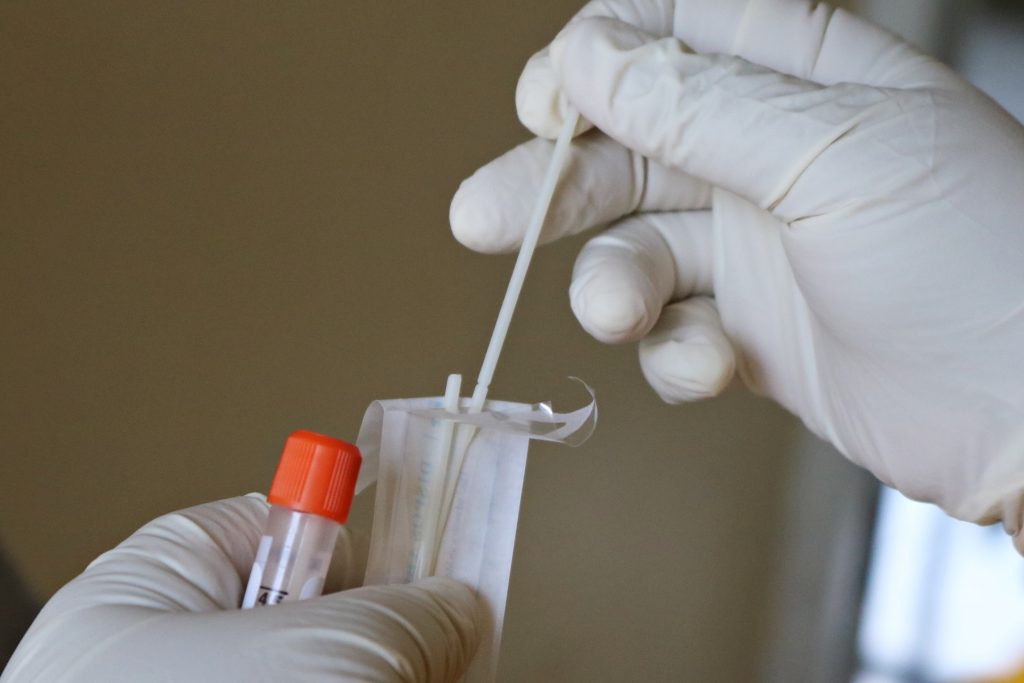Is Michigan’s Variant Problem Worse Than Other States? The Answer is Complicated
U of M infectious disease expert Adam Lauring says Michigan has done a better job tracking the variants than other states.

Michigan has a variant problem. Experts say new strains of SARS-CoV-2 are among the drivers of this new surge in COVID-19 cases. These variants appear to spread faster and can cause more serious disease.
“With a variant that spreads quicker, or spreads better, we need to be a lot better at everything we do. And so we need to be better at contact tracing, we need to be better at wearing masks and physical distancing. And we need to be better at vaccinating because the bar gets higher as the virus is better at transmitting.” –Adam Lauring, University of Michigan Medical School
But is Michigan’s variant problem worse than other states? One of the state’s top infectious disease experts studying these variants says figuring out what the data tell us is more complex than you might think.
Listen: U-M infectious disease expert Adam Lauring talks about new strains of the novel coronavirus and whether we can contain them.
Guest
Adam Lauring is an associate professor of microbiology and immunology, and infectious diseases at the University of Michigan Medical School. His lab uploads the second most variant data in Michigan, behind the state lab. He studies RNA viruses, which include coronaviruses, evaluating their rapid mutation rate and implications for human disease.
He notes that Michigan’s higher numbers related to variants can partly be explained by our sequencing and tracking of those variants.
“Sequencing is an important part of public health response,” says Lauring. “Michigan has been a little bit of a bright spot. The state lab has been a real leader in this area. Michigan sequences more than most other states in the country.”
How does the splay out in Michigan. Well. Look at this, also from https://t.co/QKFa8abM8a. See that huge spike in percent of cases with variant? What’s up with that? 6/x pic.twitter.com/Q1z2Z9vbr3
— Lauring Lab (@LauringLab) March 16, 2021
Lauring says we can contain the virus and its variants and get to a point where we can resume many of the activities we enjoyed before the pandemic, but it will require us to “double down” on all of the things that we know work to slow the virus’ spread.
“With a variant that spreads quicker, or spreads better, we need to be a lot better at everything we do,” he says. “And so we need to be better at contact tracing, we need to be better at wearing masks and physical distancing. And we need to be better at vaccinating because the bar gets higher as the virus is better at transmitting. And so it’s a situation where, if we want to get control, we need to double down on all these efforts as best we can.”
Trusted, accurate, up-to-date
WDET is here to keep you informed on essential information, news and resources related to COVID-19.
This is a stressful, insecure time for many. So it’s more important than ever for you, our listeners and readers, who are able to donate to keep supporting WDET’s mission. Please make a gift today.
